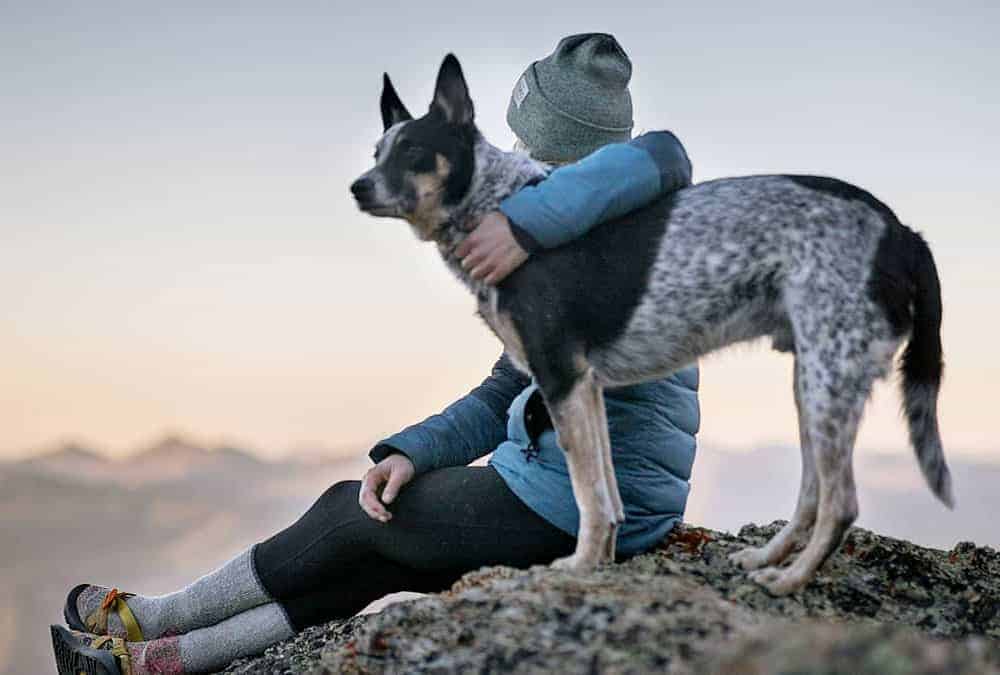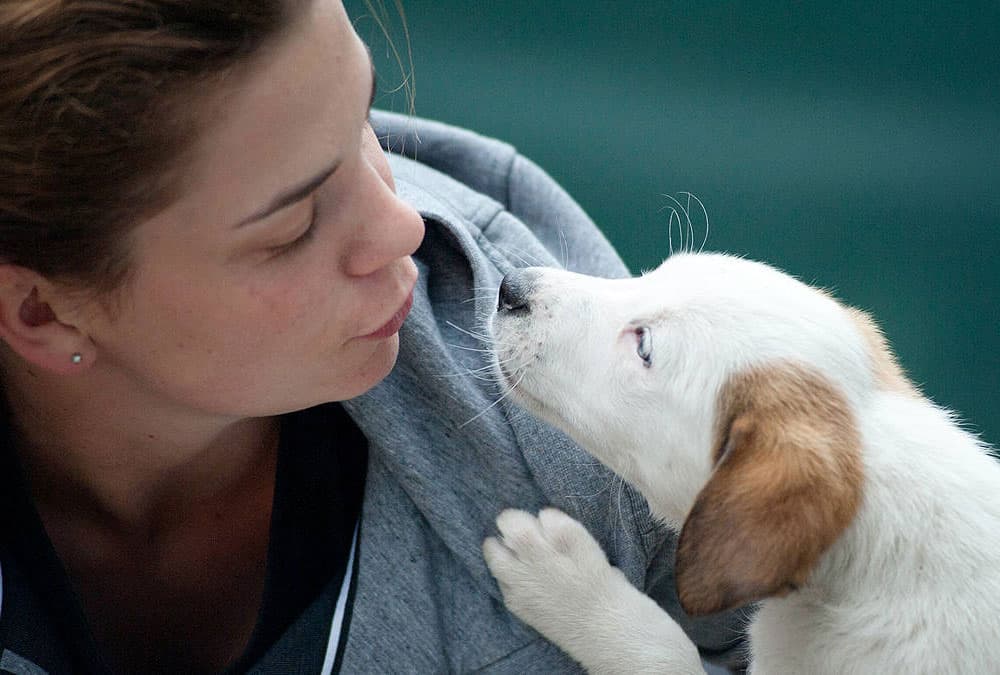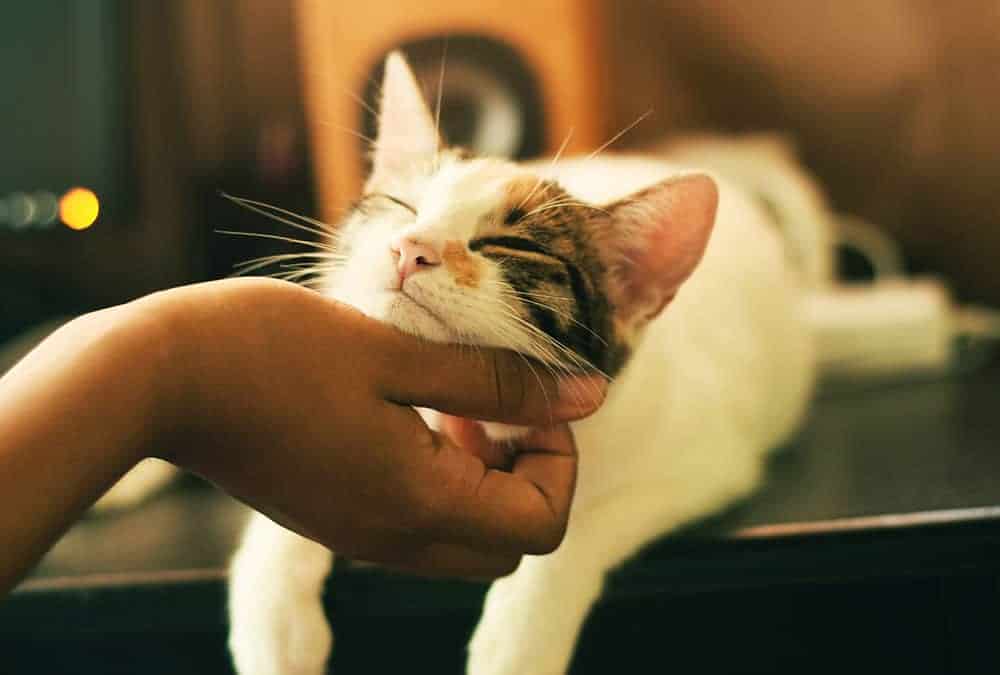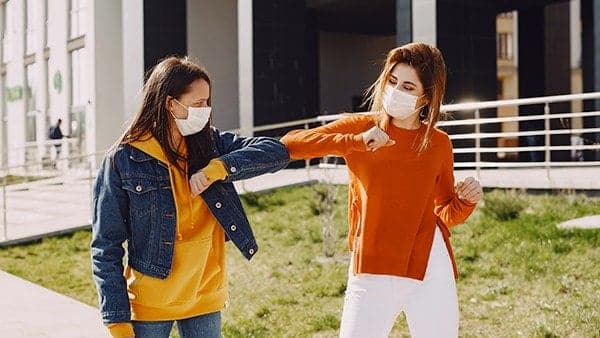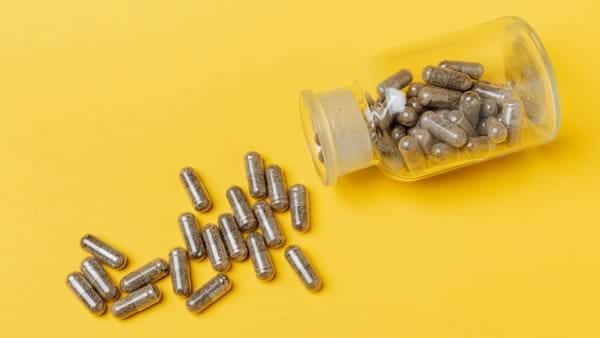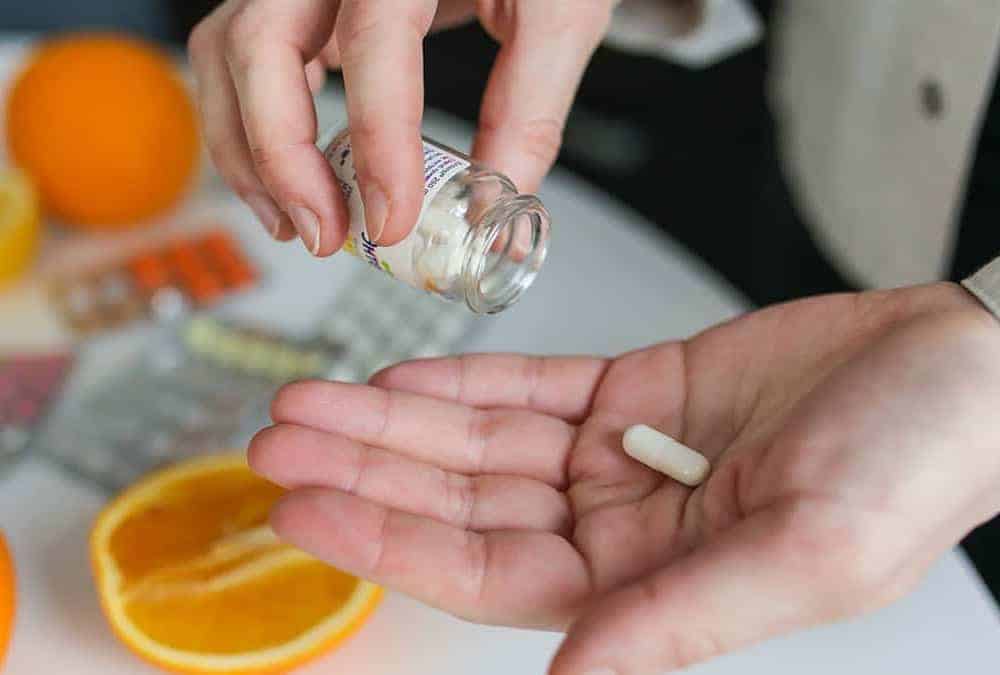
My Go-To Supplements to Boost Your Immune System
When counseling my own patients about taking the right supplements to boost your immune system, which has become an even more important topic since the rise of Covid-19, these are what I tell them are my own “go to” supplements.
Vitamin C: I recommend 1-2 grams per day for most of my patients in my practice as this vitamin helps to repair tissue, heal skin, boost immunity and maintain normal cell function.
Vitamin D: It is often forgotten that vitamin D is actually a hormone and not really a vitamin at all. Vitamin D, as with all hormones, is helpful for many functions and works as a signaling molecule to cells. Vitamin D assists with respiratory health and immunity.
Elderberry (Sambucus nigra): While further research on elderberry is ongoing, it has been shown to be helpful to boost the immune system and appears to allow the body to recover faster, if and when, people are sick.
N-Acetylcysteine (NAC): The supplement form of the amino acid, cysteine, known as NAC, helps clear mucous. It is such a gem that the World Health Organization has actually deemed it an “essential medicine“.
B Vitamins: All B vitamins assist in stress response, especially B6 and B12, and this includes the immune response but many patients are deficient in various B vitamins. For example, vegetarians in my practice are often found to be low in vitamin B12 which can easily be added into their diet with great effects and improvement to their energy levels as well.
Echinacea: Part of the daisy family, this plant may help the immune response with viruses, including the many rhinoviruses that can cause the common cold. The research shows mixed results but it definitely warrants further study and many of my patients swear by it.
Astragalus: This is an herb used in Chinese Medicine that never seems to get the attention I believe it is due. Nonetheless, the herb’s extract can help with the body’s immune-related response.
Speak with your physician about other ways and other supplements to boost your immune system. Please discuss all supplements or integrative wellness regimens you are taking, or considering taking, so that interactions and side effects can be reviewed, and to ensure the coordinated, safe and top-notch medical care you deserve.
Check out our Market page
You can find some of our favorite supplement recommendations on our Market page and order them online.
Schedule a consultation
If you like, you can learn more and schedule a consultation with Dr. Brynna Connor.


